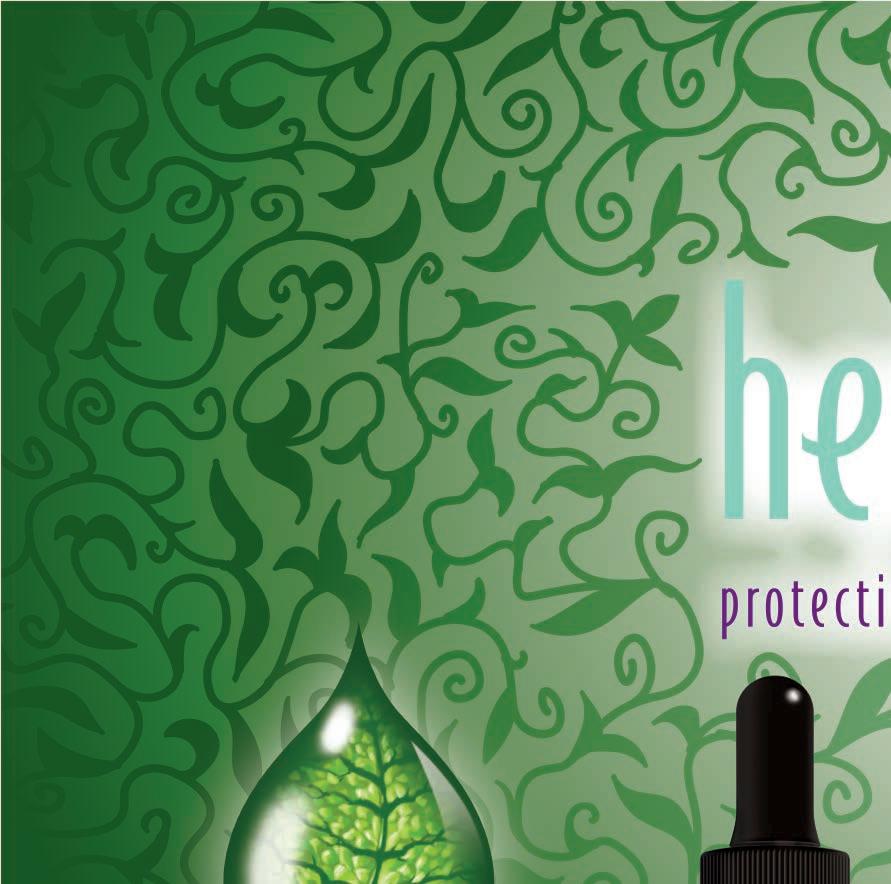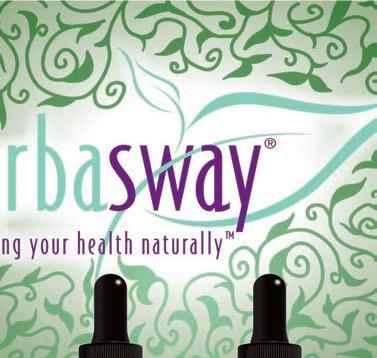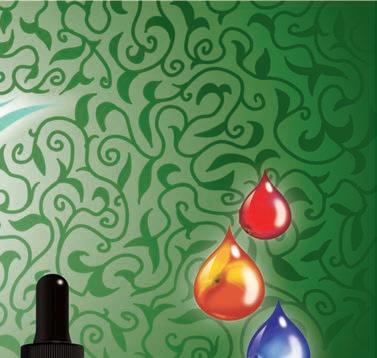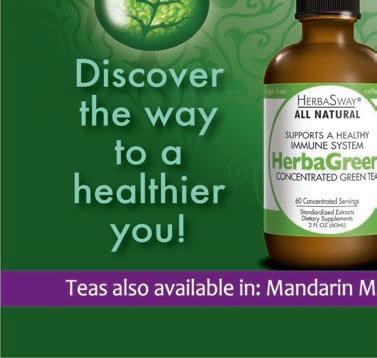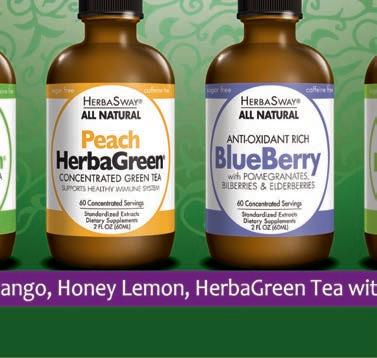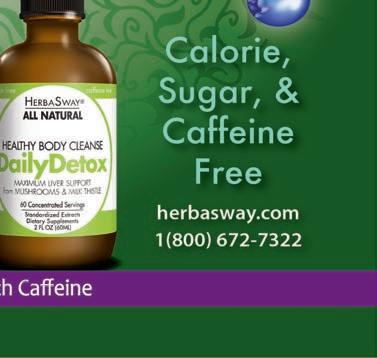
4 minute read
health briefs
Drink Electrolytes Instead of Water for Muscle Cramps
Painful, involuntary muscle cramps have hit 39 percent of marathon runners, 52 percent of rugby players and 60 percent of cyclists, studies show, but gulping down too much water has also been linked to the condition. The solution might be to drink an oral rehydration solution rather than spring water, suggests an Australian study in the Journal of the International Society of Sports Nutrition. Ten men were repeatedly tested with each liquid while running downhill in 96-degree heat for 40 to 60 minutes. When their calves were stimulated electrically to induce cramps, those drinking the oral rehydration liquid were less susceptible to the condition. “It is possible that drinking a large amount of plain water dilutes sodium and other electrolytes in the blood and extracellular fluid, increasing [muscle cramp] susceptibility,” conclude the authors.
Advertisement
Refrain from Spanking to Avoid Harming Young Brains
About half of U.S. parents spank their children on occasion, and a third have reported having done so in the previous week, although numerous tijana/AdobeStock.com studies have found that corporal punishment is linked to mental health issues, anxiety, depression, behavioral problems and substance abuse in children. A new Harvard study has further clarified the harm with a finding that spanking alters children’s brain development. The scientists tested 147 children ages 10 and 11 that had been spanked and used MRI to measure their neurological responses to photos of people with angry or neutral faces. Compared to peers that had not been spanked, the children had greater activation in multiple regions of the prefrontal cortex region of the brain to angry faces—a fearful response similar to that of abused children. Those areas of the brain respond to environmental cues that could be consequential, such as a threat, and may affect decision-making and processing of situations. “While we might not conceptualize corporal punishment to be a form of violence, in terms of how a child’s brain responds, it’s not all that different than abuse,” says senior researcher Katie A. McLaughlin. “It’s more a difference of degree than of type.”
Resolve Arguments the Same Day for a Happier, Healthier Life
Either sidestepping an argument or resolving it on the same day pays off quickly by halving the reactivity level—negative “aftertaste”—that day and often erasing any darkened emotional response the following day, say Univerba tik/Pexels.com sity of Oregon researchers. Based on surveys of more than 2,000 people reporting their emotional ups and downs during an eight-day period, the researchers found that when people feel they have resolved an argument, the emotional response associated with that disagreement is significantly reduced or even eliminated. Stress reactivity has been found to significantly reduce lifespan, studies show, and is linked to heart disease, a weakened immune system, reproductive issues and gastrointestinal conditions.
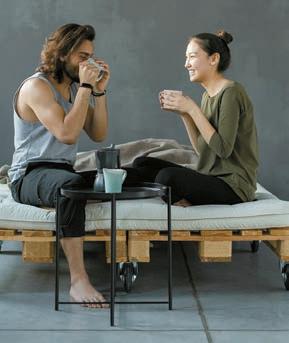
Work Out for Fun, Not Necessity
Physical activity during leisure time benefits our heart and longevity, but high workout levels on the job may actually hamper our health, report Danish researchers. Measuring z104,046 women and men of ages 20 to 100 for 11 years, researchers found that leisure physical activity reduced the risk of dying from heart disease by 26 to 41 percent, but high physical activity at work increased that risk by 13 to 27 percent. “A brisk, 30-minute walk will benefit your health by raising your heart rate and improving your cardiorespiratory fitness, while work activity often does not sufficiently increase heart rate to improve fitness,” says study author Andreas Holtermann, of the National Research Centre for the Working Environment, in Copenhagen.
lukas rychvalshky/Pexels.com

Use Sunlight and Sleep to Lower COVID-19 Risk
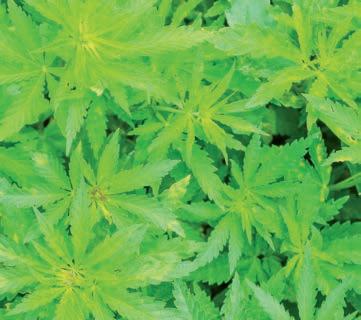
Two readily available natural strateyakobchuk olena/AdobeStock.com gies—sunlight exposure and sufficient sleep—appear to lower the risks of suffering and dying from COVID-19, report two new studies. Researchers from the UK University of Edinburgh examined records of 2,474 U.S. counties from January to April 2020 to compare numbers of COVID-related deaths to levels of UVA rays from the sun. They found that people living in counties with the highest UVA levels had on average, a 29 percent lower chance of dying from the coronavirus. They ruled out the vitamin D factor by not including counties with UVB levels that would produce the vitamin. Repeating the analysis in England and Italy produced the same results. The researchers theorized that nitric oxide released by the skin when in sunlight may reduce the ability of that virus to replicate.
A second study of 2,884 high-risk healthcare workers in five European countries and the U.S. found that every additional hour of sleep reduces the risk of COVID-19 infection by 12 percent. However, insomnia, disrupted sleep and daily burnout are linked to a heightened risk of becoming infected with the coronavirus, having more severe symptoms and a longer recovery period, reports the researchers in BMJ Nutrition Prevention & Health. People that had problems like difficulty falling or staying asleep or regularly using sleeping pills were 88 percent more likely to be infected with COVID-19 than those without such issues.
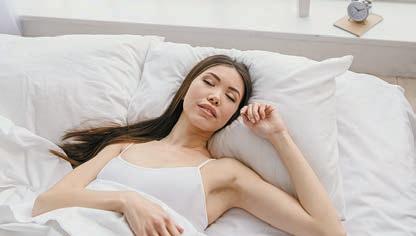
with CBD
SOOTHIN PRODUCTS
Your One-Stop-Shop for all things Holistic Beauty & Natural Stress Relief
Summer Sale
SAVE
10 % OFF for first-time shoppers Apply code NATURAL @ checkout
